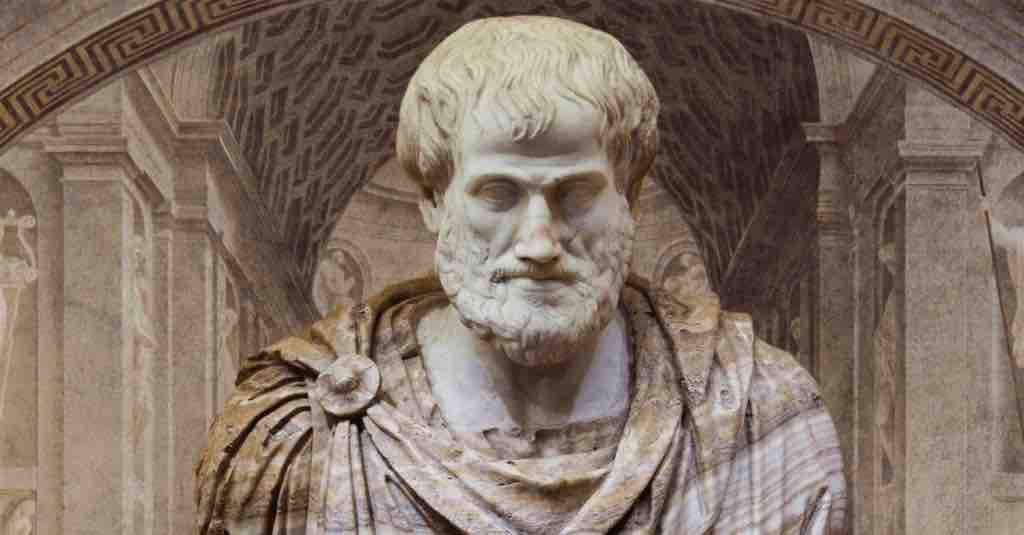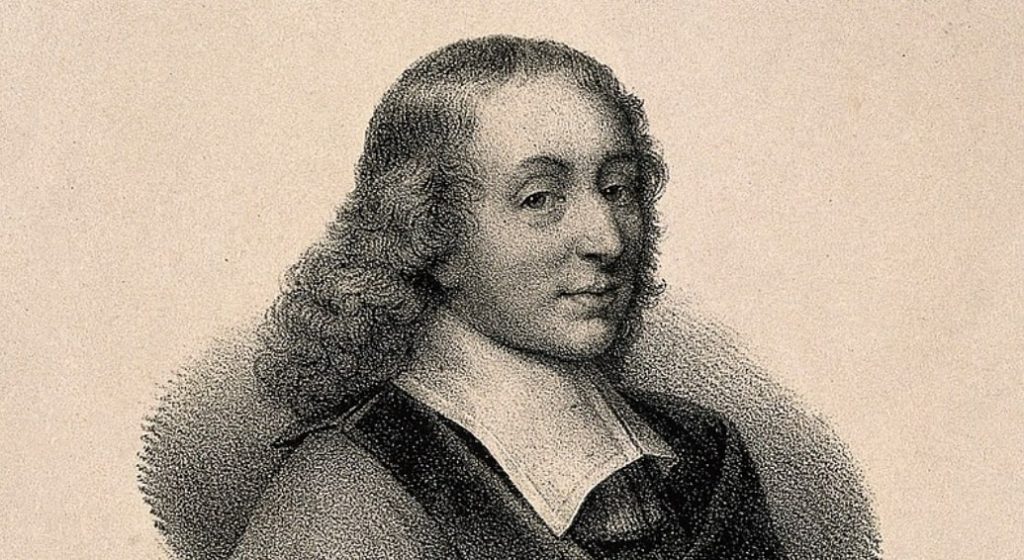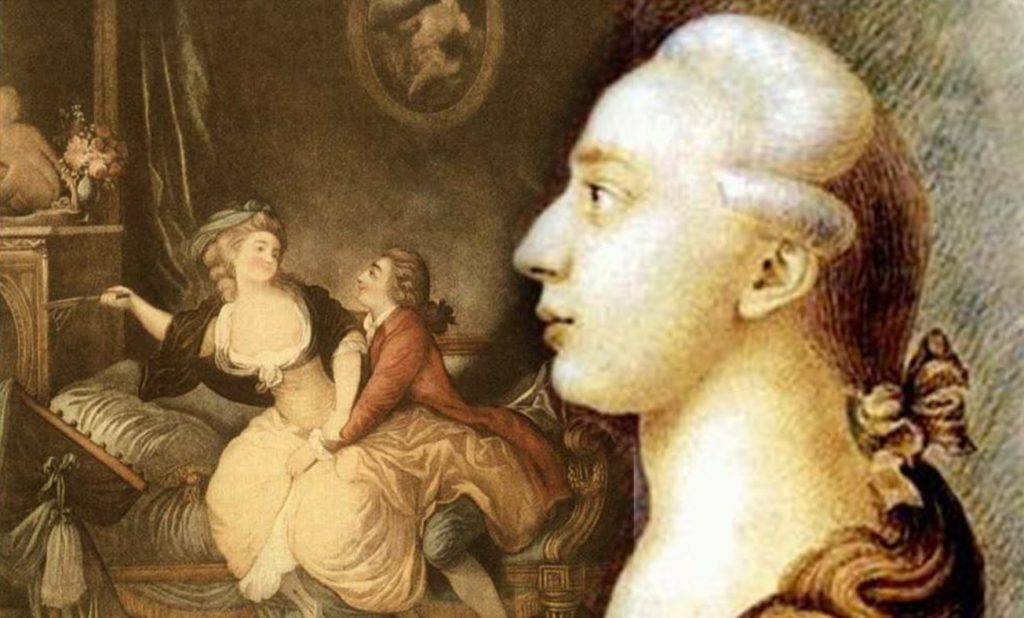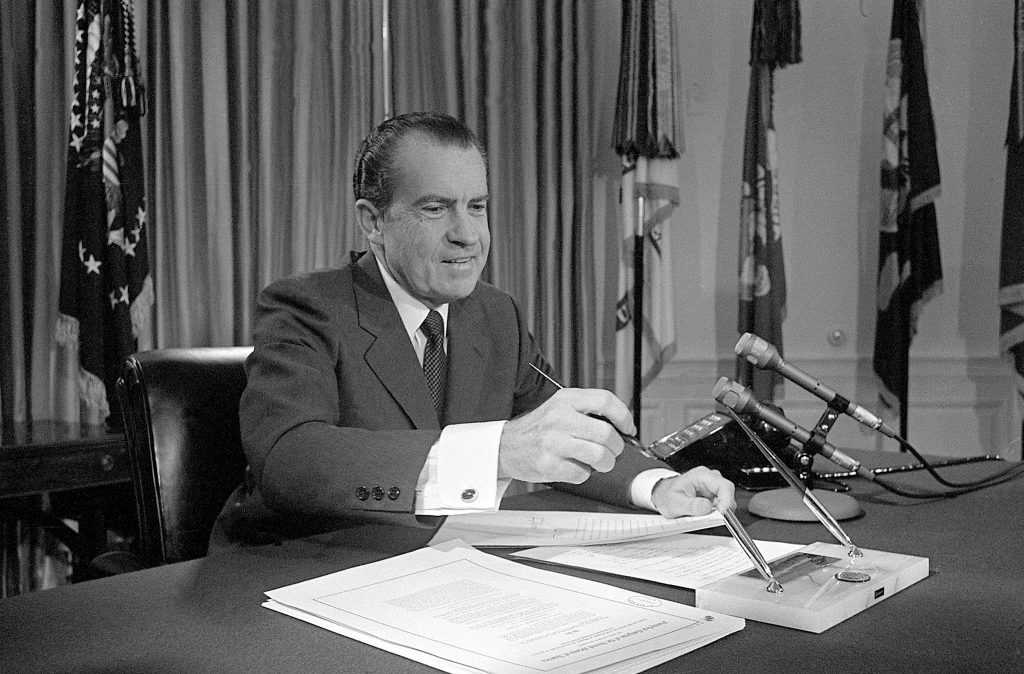
How an interest in gambling changed the lives of great men
There were many gambling enthusiasts among the famous and illustrious people of various times. They ignored the opinion about the negative impact of their hobby and spent their time at the gambling table with undisguised pleasure. Let’s look at the stories of a few of these individuals.

Craps – an outlet for Aristotle
The ancient Greek philosopher was always attracted to research. Aristotle tried to study the everyday life and various kinds of craftsmanship of people from the perspective of science. In the 4th century B.C., dice was a very popular game. The scientist tried to find out why people were so eager to get their desired results on dice. He made logical connections, made complex calculations, spent a lot of time on observations and came to the conclusion that Her Majesty Chance plays the most important role in this process.
This discovery made it possible to draw more global conclusions and to understand that the structure of the universe is also based to a large extent on chance. Gamification motivated Aristotle to formulate the ideas which later led to the emergence of probability theory. The philosopher’s research was not inconclusive. He managed to understand a number of rules and gave advice to avid gamblers. Following the scientist’s advice made it possible for many gamblers of that time to increase their chances of winning at each individual game.

Roulette – an invention of the genius Pascal
After Aristotle’s discoveries, mathematical scientists became interested in dice games en masse. Blaise Pascal is credited with awakening mathematical researchers’ interest in this game of chance. He liked studying the probability theory and everything connected with it. The scientist promoted the popularization of dice games, which led to curious scientific works, including a treatise by Dutchman Christian Huygens on calculations in gambling.
Pascal went further and made a wheel out of wood, divided into sectors, to analyse the role of chance in probability theory. A ball was thrown onto the wheel and stopped in one of the cells. This strange device is recognized as the ancestor of today’s roulette. Fans of this game came around when its inventor was no longer alive, but the story of the unusual wheel helped make the mathematician famous in another way.

Casanova’s lottery adventures
A famous lover and winner of women’s hearts, Casanova was not averse to whist, basset, farro and other card games. Perhaps the womaniser would have liked poker, but in those days such a project was unheard of. Casanova’s desire to become a professional gambler remained unrealised. But in the mid-eighteenth century, with the support of Louis XV.
hero decided to organize a lottery to raise money for a military school and avoid raising taxes on the poorest.
The first day of the lottery brought the organisers 2 million francs (10% of the total amount planned). The speed of the fundraising surpassed expectations. The king and his assistant lottery master succeeded in filling the budget and their pockets quickly. The lottery was an incredible success, and Casanova realized that he was lucky in gambling and should not give it up.

Richard Nixon’s poker passions
Service in the Navy during World War II brought the future president of the USA, Richard Nixon, a lot of different emotions. It was poker that helped him to distract himself from the tense situation. His monthly salary of one hundred and fifty dollars was largely spent on gambling. Luck was on Nixon’s side, he masterfully increased his salary and managed to accumulate money without spending too much. The money he collected later became a serious help for his election campaign.
As president, Nixon did not even consider giving up gambling. He repeatedly stressed that understanding the rules and laws of poker often helped him make important decisions on a national level. His talents for analysing his opponent’s plans and quickly distinguishing fair play from bluffing came in handy in shaping his political career and building his reputation as a respected man.
